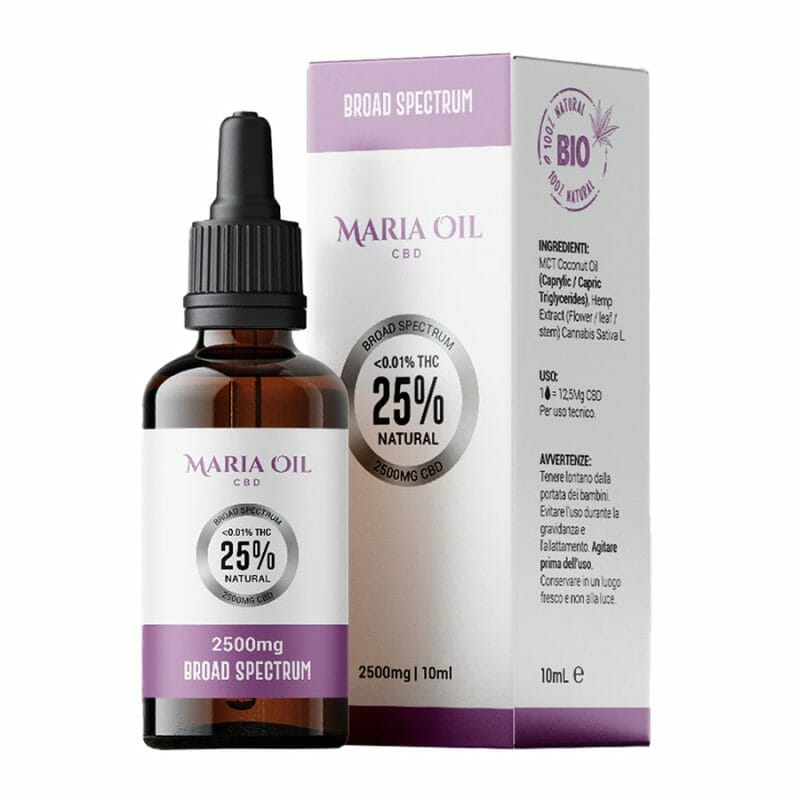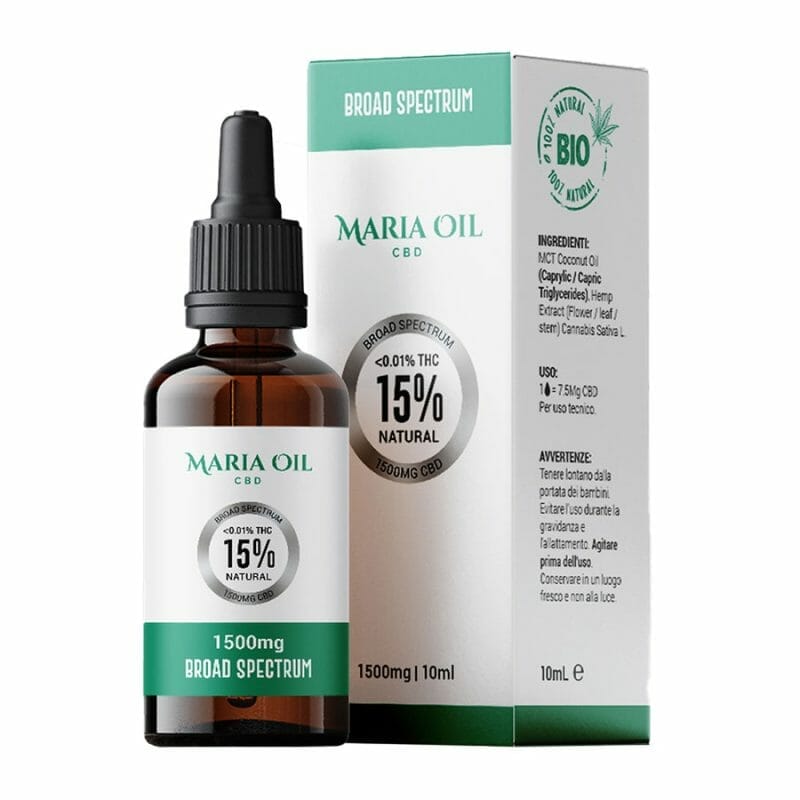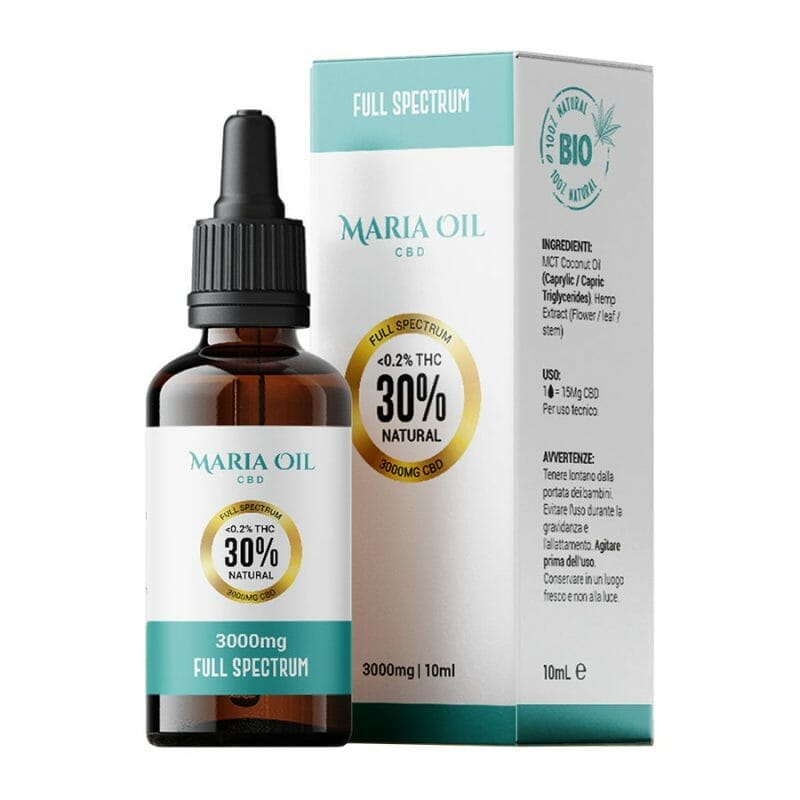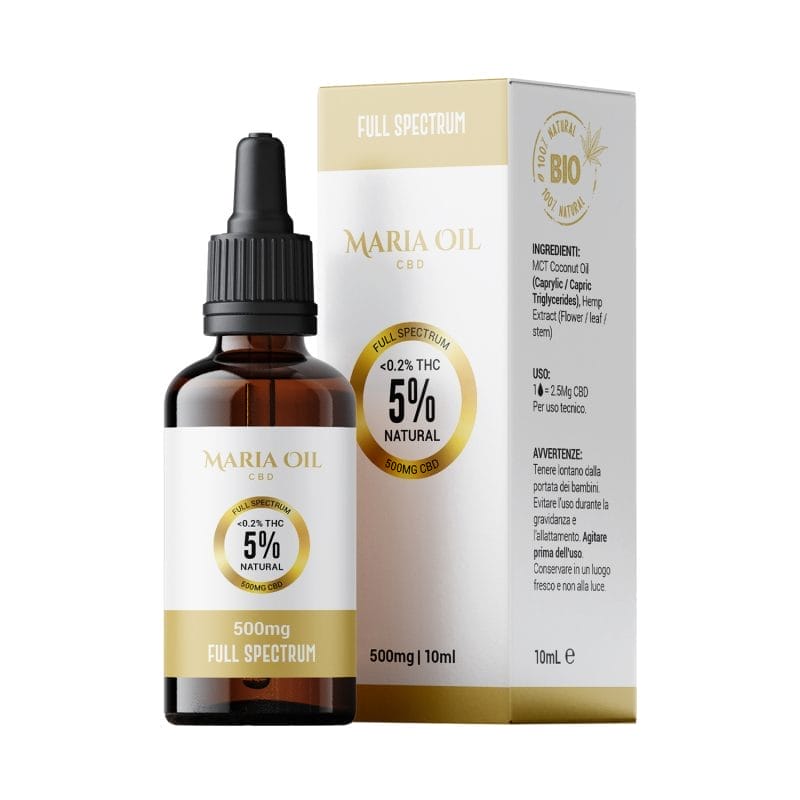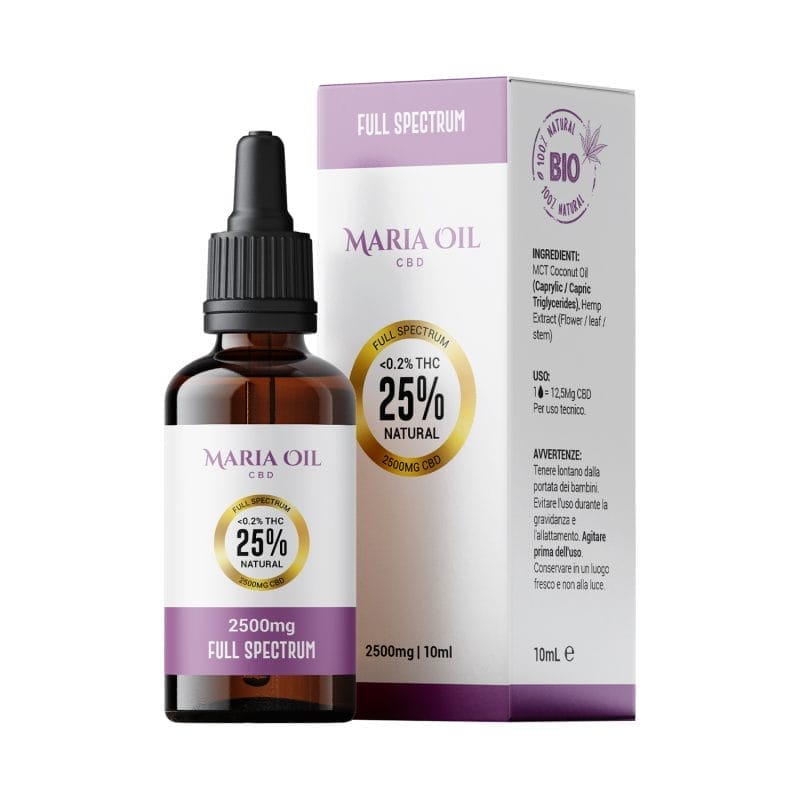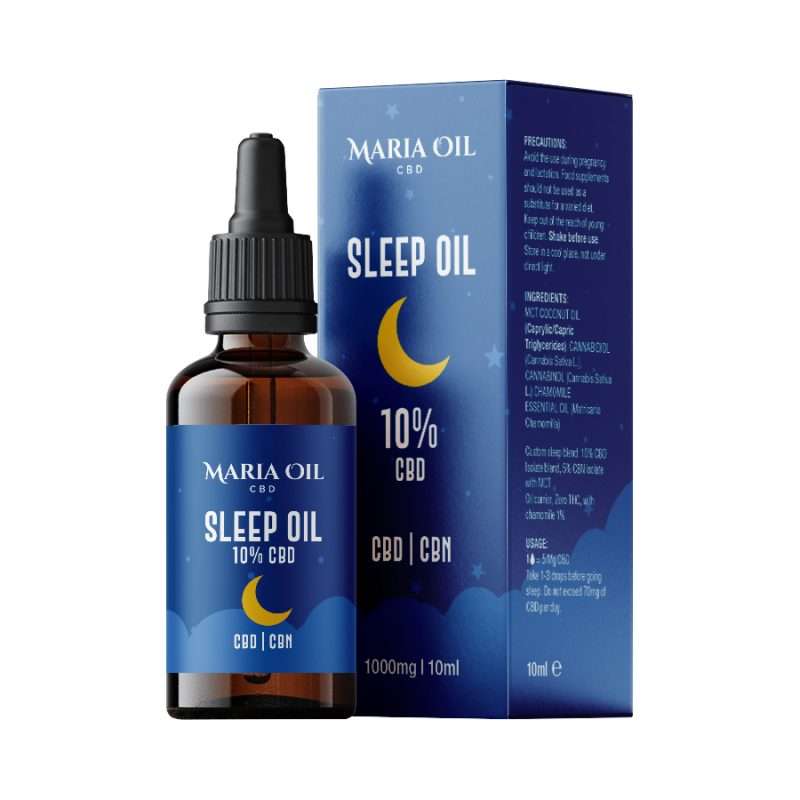In the vast panorama of contemporary medicine, which always aims to find new remedies for human ills, chemical compounds extracted from the cannabis plant are in the spotlight. Cannabinoids, natural substances with enormous potential, are gaining scientific recognition for their role in managing and, in some cases, curing various diseases.
Today, as well as many years ago.
The scientific world is devoting more and more attention to these substances, which go far beyond the well-known and discussed psychoactive component of cannabis, THC.
Researchers are investigating the impact of cannabinoids in a wide range of medical conditions, paving the way for new therapeutic possibilities. In this article, we review the latest findings and advances in understanding how cannabinoids interact with our biological system to address specific diseases.
For decades, the debate on this topic has been heated and often polarised, but science does not stand still and continues to shed light on the properties of nature and the earth. As soon as scientists delve deeper into the mechanisms of action of cannabinoids, promising prospects emerge for otherwise difficult-to-treat diseases.Together, we discover the diseases that can be treated with cannabinoids, paving the way for innovative and personalised treatments for diseases resistant to traditional treatment methods. Through careful exploration, we will dive into the therapeutic potential of cannabinoids without neglecting the necessary attention to the ethical and regulatory challenges surrounding this medical frontier.
What is cannabis considered therapeutic?
Medical cannabis refers to specific varieties of cannabis plants or their derivatives that are used for medical purposes under the supervision of health professionals. This category, like any other cannabis, comprises mainly two types of cannabinoids: THC (tetrahydrocannabinol) and CBD (cannabidiol), each with unique therapeutic properties.
The difference between medical cannabis and light cannabis is that the former contains a fairly high amount of THC, which can exceed 20%. For this reason, it has been restricted to the medical field, hence its classification as ‘medical’, and made available only in pharmacies on prescription.
Two drugs with this basic formulation that have been studied at length by scientists during their trials are Sativex and Bedrocan.
Sativex is a drug that contains a combination of THC and CBD and is often used to treat symptoms associated with diseases such as multiple sclerosis. Its oral spray formulation facilitates intake and provides a controlled dosage of cannabinoids, helping to manage symptoms such as muscle spasticity.
Bedrocan is a standardised cannabis product used in several countries for medical purposes. With a balanced composition of THC and CBD, Bedrocan is prescribed to treat symptoms of various conditions, including chronic pain and nausea associated with treatments such as chemotherapy.
In addition to Sativex and Bedrocan, there are other cannabis- or cannabinoid-derived drugs under development and testing for a wide range of medical conditions.
Doctors resort to medical cannabis when they see that their patients do not react positively to traditional treatments or when they experience undesirable side effects. Before we get to that, let’s find out which diseases can be treated with cannabinoids.
What can be cured with CBD?
CBD, in particular, is the non-psychotropic cannabinoid found in cannabis. Although medical cannabis is chosen for the treatment of major illnesses precisely because it contains high levels of THC, CBD has also proven to be extremely potent without bringing with it the downside of a ‘high’.
This active ingredient continues to be the subject of numerous scientific studies, which have demonstrated its potential efficacy in treating a number of conditions that we will discuss now.
Chronic pain
CBD has been shown to be effective in reducing pain associated with a variety of conditions including arthritis, fibromyalgia, neuropathic pain and cancer pain. With CBD pain drops, both acute pain, resulting from a known and ongoing cause, and chronic pain can be treated.
A 2020 review on the balanced approach of cannabidiol use in chronic pain showed that CBD is effective in treating this type of pain as it reduces inflammation and helps sleep.
Sometimes, in extreme cases, therapeutic cannabis may also be prescribed for chronic pain by the treating physician.
There are many other studies on the subject, such as those on arthritis-related inflammation and pain. The transdermal gel used in the rat study significantly reduced joint swelling and pain intensity.
Another thoroughly tested use of CBD is against neuropathic pain. Human outcomes were collected in a 2017 review on selective cannabinoids for neuropathic pain. Patients in the study who received CBD in pain therapy reported a significant reduction in intensity on a numerical scale assessment.
-
Product on saleCBD oil 25% (2500mg) Broad SpectrumOriginal price was: £59.00.£29.75Current price is: £29.75.
-
Product on saleCBD oil 15% (1500mg) Broad SpectrumOriginal price was: £39.00.£21.25Current price is: £21.25.
-
Product on saleCBD oil 5% (500mg) Broad SpectrumOriginal price was: £19.00.£10.20Current price is: £10.20.
-
Product on saleCBD Oil 30% (3000mg) Full SpectrumOriginal price was: £69.00.£46.75Current price is: £46.75.
-
Product on saleCBD Oil 5% (500mg) Full SpectrumOriginal price was: £19.00.£11.90Current price is: £11.90.
-
Product on saleCBD Oil 25% (2500mg) Full SpectrumOriginal price was: £59.00.£38.25Current price is: £38.25.
-
Product on saleCBD Oil 15% (1500mg) Full SpectrumOriginal price was: £39.00.£26.35Current price is: £26.35.
Anxiety and depression
For decades, scientists have been studying alternative treatments to classic antidepressant drugs, because we are talking about very strong drugs that bring with them dependency and possible side effects worse than the condition they are intended to treat.
A 2015 review proposes cannabidiol as a potential treatment for anxiety disorders. Preclinical evidence has shown the effectiveness of CBD in reducing anxiety behaviour in disorders such as post-traumatic stress disorder, generalised anxiety disorder, obsessive-compulsive disorder, Parkinson’s disease and seasonal affective disorder.
Another 2020 review proposed cannabidiol as a potential new alternative for the treatment of anxiety, depression and psychotic disorders. Here, animal models showed that CBD administration minimised all stress-related behaviour, as well as modulating hyperactivity and having anti-psychotic properties.
Sleep disorders
Among the diseases that can be treated with cannabinoids is insomnia, a condition that is treated in multiple ways by CBD. As we have just seen, cannabidiol reduces anxiety and stress, two very common causes of sleep loss and lack of tranquillity.
According to the Sleep Foundation, CBD also helps in the treatment of REM sleep behavioural disorder, where patients verbalise and make movements. A study in patients with Parkinson’s disease showed a reduction in the behavioural disturbance from 2-7 times per week to 0-1 times after taking CBD.According to the source, CBD also helps against excessive daytime sleepiness. Sufferers of this disorder feel fatigued all the time and have difficulty staying awake during daylight hours. Animal studies have shown that CBD can also help in waking up, while ensuring restful sleep.
Sleep Oil – Sleep Solution
Discover our Sleep Oil, Maria CBD Oil’s Sleep Solution, the innovative natural solution to improve sleep. With 10% CBD, 5% CBN and the addition of chamomile, this Full Spectrum formulation is designed to promote a deep and relaxing nighttime sleep. Our melatonin-free oils enhance a regular sleep, helping you wake up every morning feeling refreshed…
Epilepsy
Furthermore, CBD has proven useful in the treatment of epilepsy as it reduces the intensity and quantity of seizures in epilepsy sufferers.
There have been numerous scientific studies on the subject. We can mention this 2023 review on the long-term efficacy and safety of cannabidiol in patients with treatment-resistant epilepsy. It was initiated in 2014, and these results were collected in early 2019 precisely to understand the long-term effects of the treatment. The use of CBD was associated with a sustained reduction in seizures for up to 192 weeks with an acceptable safety profile.
Very interesting is the review published in the European Journal of Paediatric Neurology investigating the efficacy and safety of cannabidiol as adjunctive therapy in drug-resistant epilepsy in children. Twenty-four children between the ages of 2 and 19 who had not experienced benefit with as many as 11 anti-epileptic drugs were surveyed. The result was that 47.9 percent of the patients reported more than a 50 per cent reduction of seizures with CBD with reasonable tolerance of the drug.
Inflammatory diseases
In a 2020 review on the antioxidant and anti-inflammatory properties of cannabidiol it was found that CBD may indirectly enhance anti-inflammatory effects. Also according to these findings, it is believed that the endocannabinoid system, which includes G-protein-coupled receptors and their endogenous lipid ligands, may be responsible for the therapeutic modulation of oxidative stress in various diseases.
Several decades ago, the phytocannabinoid cannabidiol was already identified, which, by interacting with the endocannabinoid system, represents a very interesting molecule for pharmacotherapy.
Furthermore, it has been found to have no psychotropic effects, unlike THC. Indeed, other studies have shown that CBD could alleviate the psychoactive affect induced by THC.
Cancer
CBD is being studied for its potential use in the treatment of cancer, particularly for the control of pain and nausea and vomiting associated with chemotherapy. According to a 2022 review on the efficacy of cannabidiol in cancer management, it appears that CBD may act on many of the pathways involved in tumour pathogenesis.
With regard to symptoms, CBD appears to give positive results in treating cancer-related symptoms such as anxiety, depression, sleep disorders, nausea and vomiting, cachexia, pain and neuropathy, and oral mucositis.
Moreover, it even appears that CBD is able to slow down the growth of cancer cells. Obviously, it is the responsibility of doctors to keep up-to-date on this type of treatment.
Are there any side effects?
As with any type of drug or substance, the use of cannabinoids can lead to side effects if the correct methods of intake are not followed.
Side effects can vary greatly from person to person and depend on several factors, including dose, frequency of use, route of administration and individual sensitivity.
Some side effects associated with cannabinoid use include:
- Sedation and cognitive impairment: some cannabinoids, in particular THC, can cause drowsiness, fatigue and impairment of cognition, such as concentration difficulties and memory problems;
- Psychotropic effects: may vary from slight changes in perception to more intense experiences of altered reality;
- Dry mouth: the sensation of a dry mouth is a common side effect associated with the use of cannabinoids;
- Increased appetite: cannabis use may increase appetite, commonly known as ‘overeating’ or ‘cannabis hunger’;
- Anxiety and paranoia: Some individuals may experience anxiety, paranoia or increased sensitivity to anxiety in response to cannabinoid use, particularly at higher doses of THC;
- Cardiovascular effects: such as a temporary increase in heart rate.
Most side effects can be linked to a high THC level, which is why it is important to have a doctor’s prescription in hand before resorting to such a remedy. Side effects can therefore be linked to medical cannabis.
With regard to CBD, contraindications very often occur because the dosage was not followed correctly or due to interaction with other drugs.
Who can take medical cannabis?
As we said, medical cannabis is a very special product that is only recommended in specific cases decided by a doctor.
The criteria for prescribing medical cannabis are as follows:
- The pathology must be severe or chronic;
- The condition must be refractory to conventional treatments;
- There must be accredited scientific literature supporting the efficacy of medical cannabis in the treatment of the condition.
And now we’ll see who can prescribe it.

Who prescribes medical cannabis?
The prescription of medical cannabis is regulated by the local laws and regulations of each country or state. In many cases, the prescription of medical cannabis is reserved to physicians specialised in specific medical areas and authorised by local health authorities.
Physicians must carefully assess the patient’s condition and determine whether the use of medical cannabis may be an appropriate choice for the treatment of his or her condition.
So who can prescribe Sativex? Or who can prescribe Bedrocan? They can be prescribed by qualified doctors, often with specialisations in the areas of chronic pain management or oncology. Once a doctor’s prescription has been obtained, the drugs can be purchased in pharmacies.
The prescription of cannabinoids therefore depends on the composition of the specific products at the time. Although it is essential to stay up-to-date as regulations in this field change rapidly.
Cannabinoid (CBD) products
Research continues to reveal the many ways in which cannabinoids can offer relief and improve quality of life for those facing complex medical challenges.
From applications in pain management to the mitigation of neurological symptoms and beyond, cannabinoids are emerging as a versatile and potentially revolutionary resource. However, it is crucial to emphasise that the use of cannabinoids for therapeutic purposes must take place under the supervision of qualified healthcare professionals, ensuring a safe and personalised approach.
If you are interested in further exploring cannabinoid-based treatment options, please visit Maria CBD Oil’s online shop. With a range of high-quality CBD-based products, Maria CBD Oil is committed to providing safe and effective solutions for those seeking natural support for their wellbeing.
 Contact us
Contact us 


